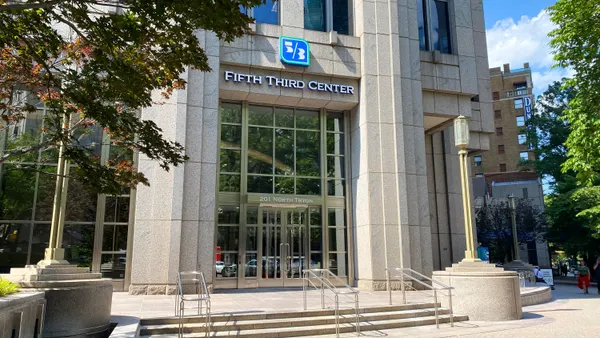Wojciech Sobieraj, head of Brussels-based digital bank Aion, thinks global uncertainties stand to increase the attractiveness of his company’s subscription-based model because of its concierge focus.
Although subscription pricing can make banking services expensive, consumers appear open to paying more because it gives them a partnership-like relationship that's not just transaction-oriented, he said in a Pymnts interview. That’s especially attractive while people are looking for stability in an uncertain economic climate.
"We think within the safety of banking, consumers will … be looking for the places where firms are actually perfecting their [relationships] only rather than merely keeping it," he said.
Under its model, Aion charges about $22 a month and what consumers get in return is the kind of concierge services that banks have typically made available only at the enterprise level or to the wealthy.
That means customers set parameters on what they want, and the bank sends them options as opportunities arise or the environment shifts.
If one of the parameters is better refinance options, for example, then the service alerts them when a better rate is available. Or if the service learns data on the customer is being trafficked on the dark web (platforms off the Internet grid), it lets them know.
In Aion’s version of the concierge approach, artificial intelligence (AI) enables the company to customize its services.
"AI lets the customer tell us what they want and are searching for and the AI surfaces the most economical conditions," he said. "So, for online purchase options, say they bought a new TV with the lowest price guarantee: our system is searching for the lower price within the next 60 days to make sure they maximize their opportunity."
To the extent customers leverage these opportunities, they can recoup the cost of their monthly subscription fee, he said.
To be sure, it will be mainly higher-income people who can best leverage these kinds of opportunities, so the service is targeted to affluent working professionals and upper-middle-income families. It's not a mass-market product, he said.
Ideally, customers make Aion their primary bank, but, Sobieraj said, they can still get a lot out of it even if they don’t.
"In the situation that someone would like to keep the money with someone else and use us as a secondary bank, that’s OK with us," he said. "I don’t see any big obstacle there. The prime source of our income is monthly membership — and the value is there for consumers whether we are their main checking account, or for savings or for a combination of our services."













